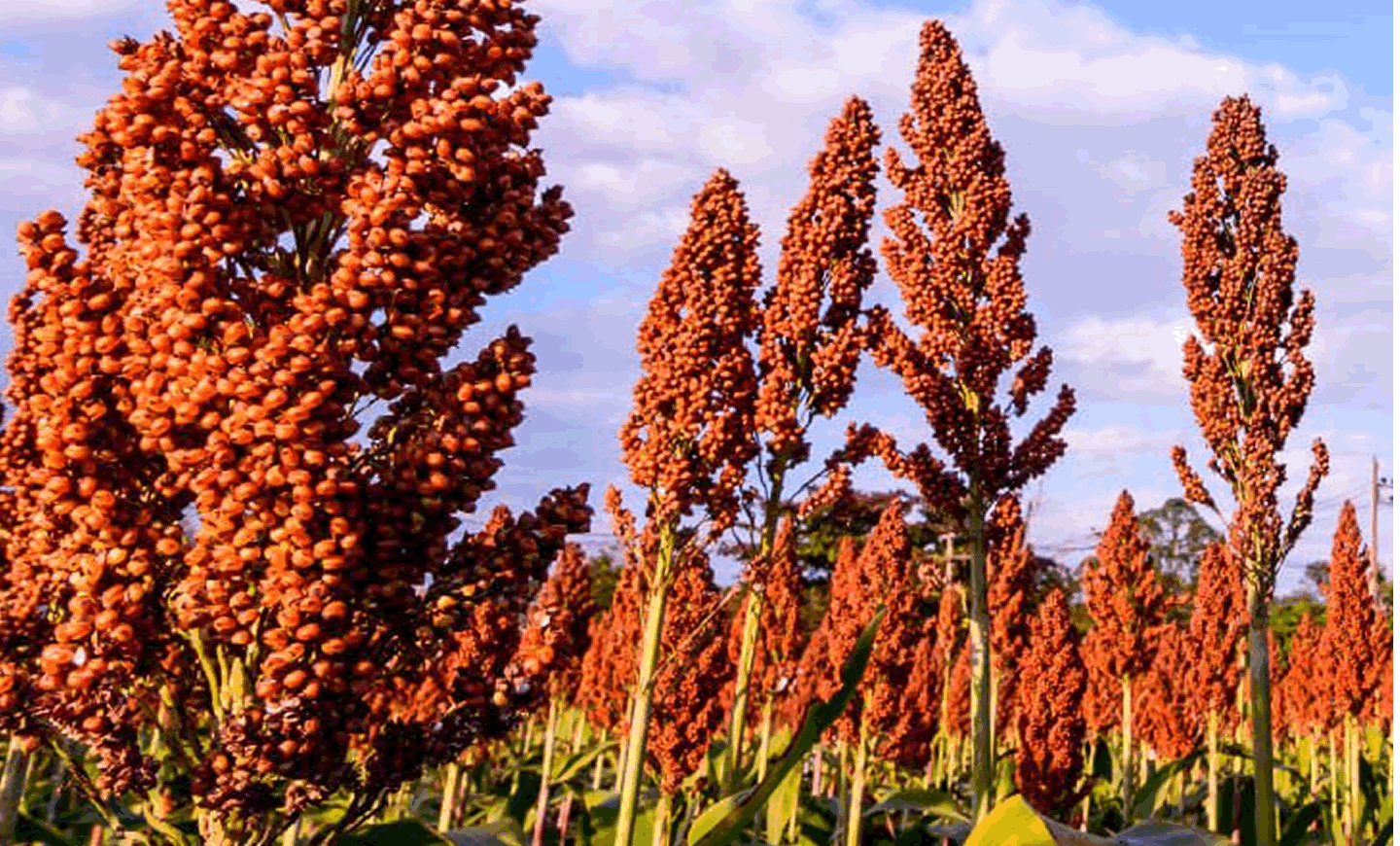We work with farmers in drought areas by promoting drought tolerant crops which provide an assured harvest even in bad years when the rainy season is too short for other crops to reach maturity.
KELS and partners maintain that these crops are not only drought tolerant but are also nutritious, climate-smart and have multiple uses to benefit farmers. Sorghum and millets, for example, are rich in micronutrients and have a low glycemic index – slowly digested, absorbed and metabolised and cause a lower and slower rise in blood glucose and, therefore usually, insulin levels. Drought-tolerant crops have low water footprint, low levels of pesticides and inorganic fertilizers hence smaller carbon footprint.
Additionally, we assist farmers in aggregation and marketing of drought-tolerant groups nationally and across the border. Despite their value, drought-tolerant crops, particularly millets and sorghum, have been steadily losing their share of contribution to calories in Kenya to maize, rice and wheat. According to experts, the primary reasons for the low demand of these cereals are low productivity, poor image and lack of product development.

